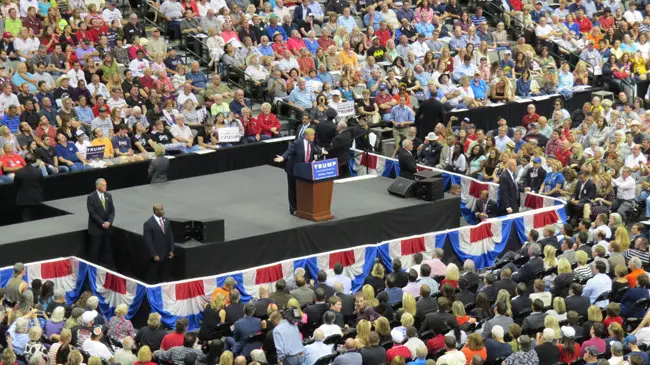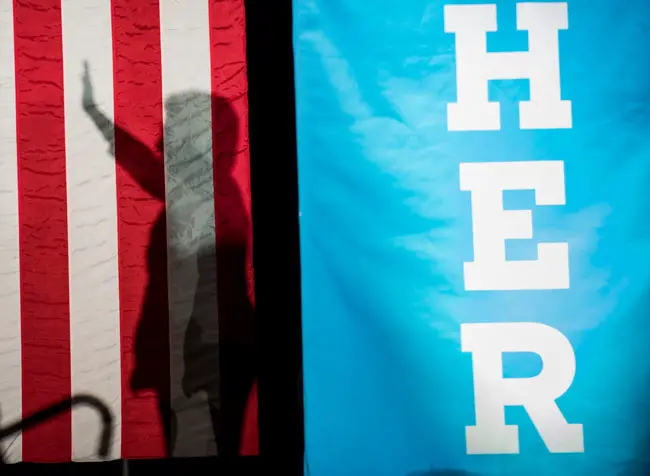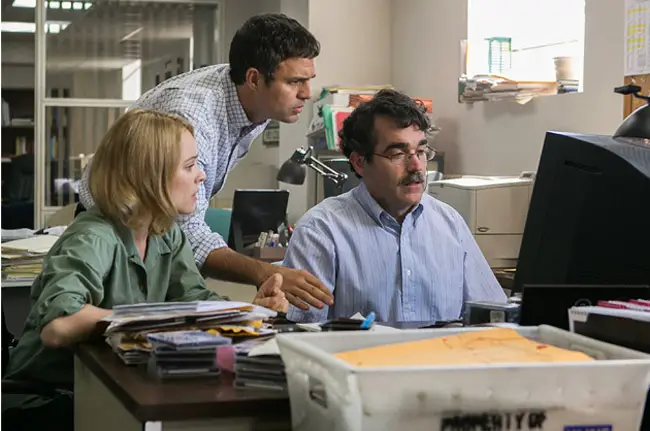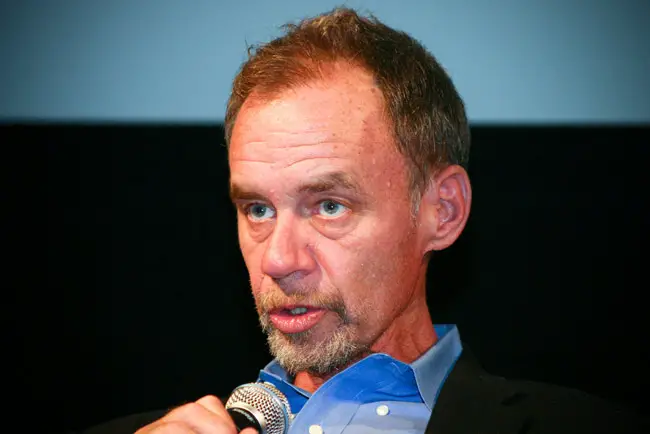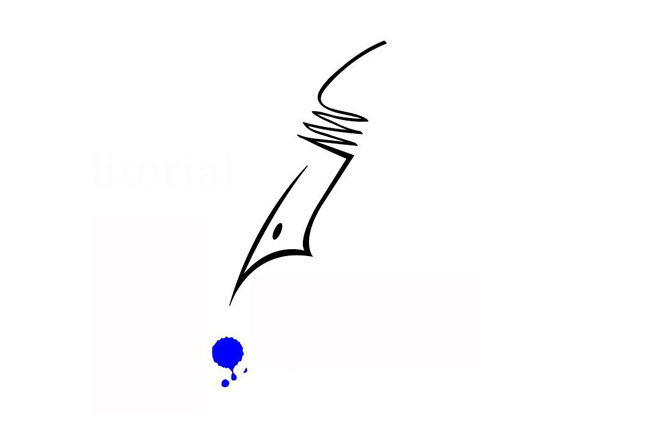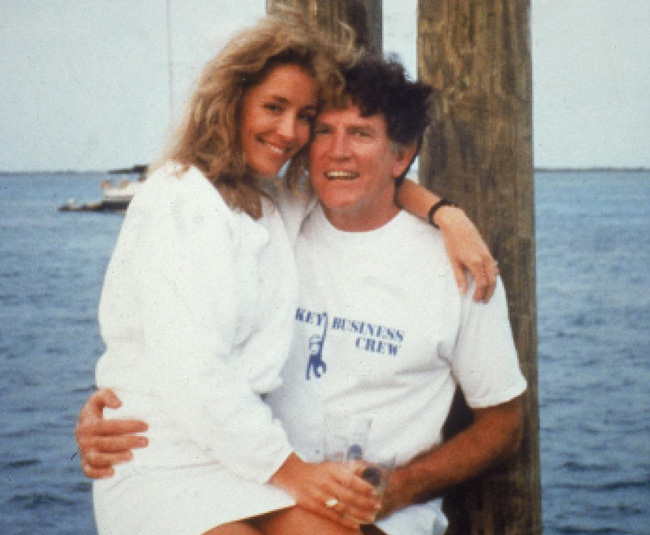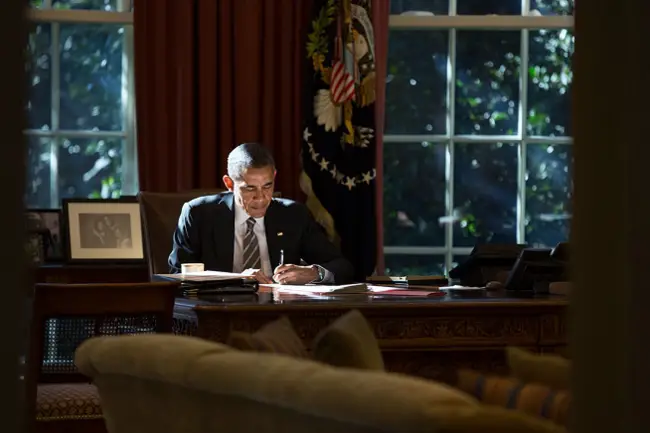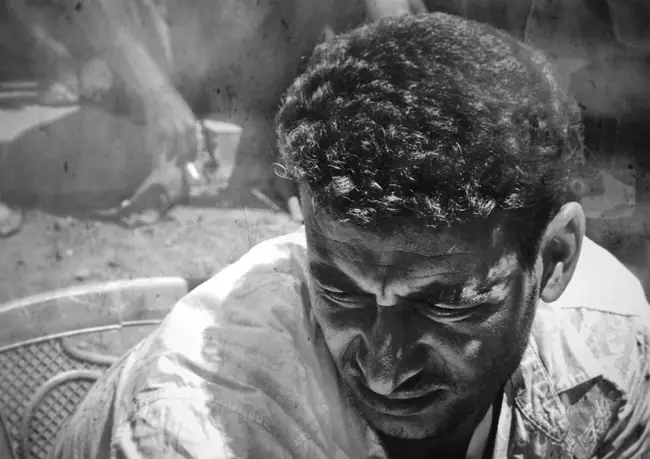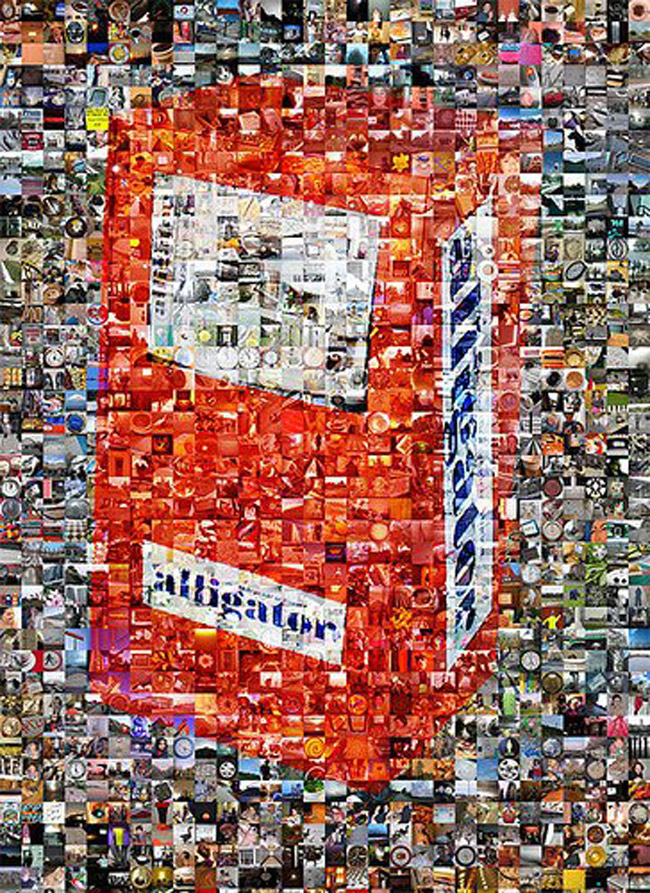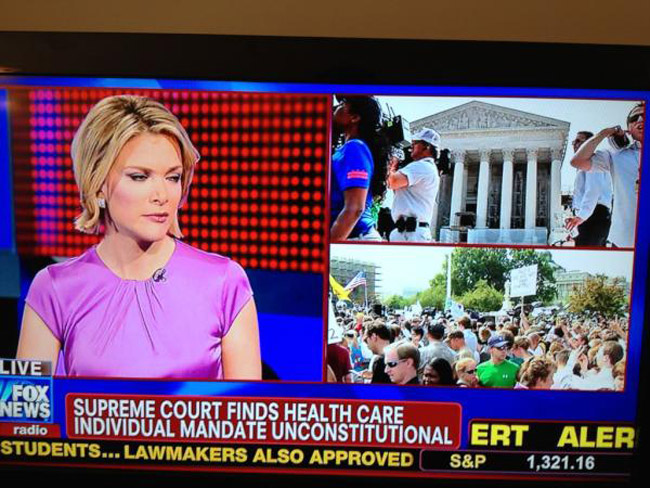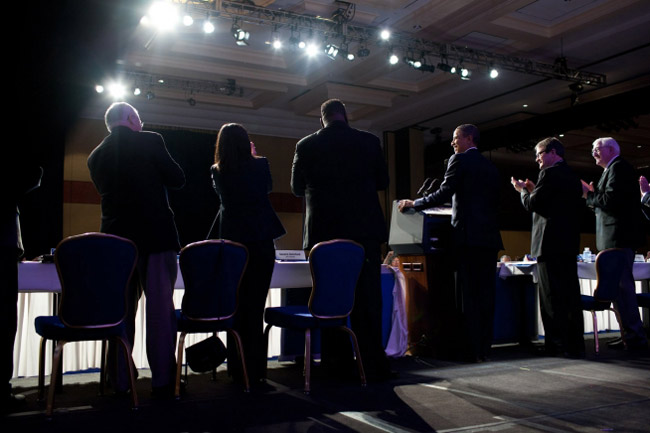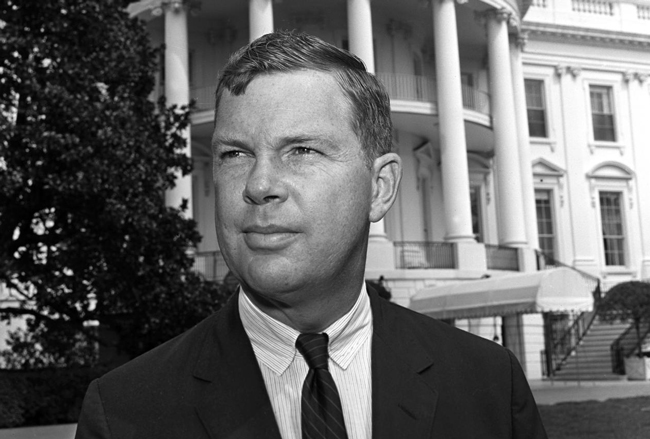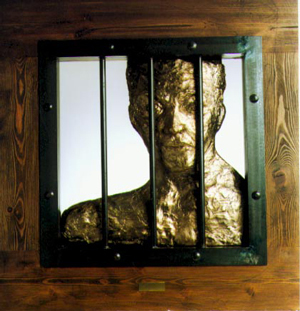Acknowledging that journalism can inflict wounds unnecessarily, AP will no longer name those arrested for minor crimes when the news service is unlikely to cover the story’s subsequent developments. Often, such stories’ publication hinges on an odd or entertaining quirk, and the names are irrelevant. Yet, the ramifications can loom large and be long-lasting for the persons named.
journalism
Trump Against the First Amendment
Julian Assange and Wikileaks are giving Trump a chance to challenge First Amendment freedoms of the press and get a radical ruling from his new buddies on the Supreme Court.
Trump’s Bone Saw Problem
Trump can’t be lavishing praise on tyrants and think it’s not another way of saying, as he did of white supremacists last year, that “some of them are fine people.” He can’t be equating journalists with scum and not have blood on his hands.
How Journalists Should Go Beyond Fact-Checking Trump’s Routine Lies and Conspiracy Theories
The story is that the president-elect is more factually irresponsible than any political leader in the United States in memory. Chasing it will be just one challenge of the next four years.
The Day After
Despite a liberal’s shellshock from a Trump presidency and the dreadful clarity of times ahead, this is no time to decamp or retreat–nor to deny in any way that he is our president.
“Spotlight,” the Oscars’ Best-Picture Upset Winner, Gets Investigative Journalism Right
Unlike many films about reporters, “Spotlight,” about the Catholic Church’s cover-up of sex abuse by priests, accurately depicts the frustrations and joys of breaking a big story, from the drudgery of spreadsheets to the electric thrill of revelatory interviews.
Why Journalism Should Be Addicted to David Carr
Unlike many aging baby boomers, the New York Times’s David Carr, who died last week, had no fear of new technology and no contempt for young people who did not equate the survival of newspapers with the survival of journalism.
500,000!
FlaglerLive Crosses Half-Million
Reader Mark in October
FlaglerLive ended October with close to 550,000 readers for the month, a new record and further indication that as print struggles to maintain its mass-market appeal, the media landscape is changing too rapidly to accommodate old models.
Miami Herald’s Ex-Editor Disputes Matt Bai’s Charge that Reporting Gary Hart’s Affair Was Unethical
Doug Clifton, the former editor of the Miami Herald who played a part in uncovering Gary Hart’s affair in 1987, defends the Herald’s reporting against Matt Bai’s charge that the reporting was unethical and tabloid-oriented.
Obama’s Free Press Problem: Why Reporters in the U.S. Now Need Protection
The Obama administration has made the most concerted effort since the Nixon years to intimidate officials from talking to a reporter. Paul Steiger, Paul Steiger recipient of this year’s the Burton Benjamin Memorial award from the Committee to Protect Journalists, argues for a response.
Jeff Bezos’s Post-It Note To Self: Rekindle American Journalism
Unlike the sort of vulgar ad men who’ve taken over most newspapers since the 1990s, slicking up newsprint with more hair gel than ink, Bezos knows the value of a sentence. He’s shown healthy contempt for the forces of the market, which are equal parts poison and speed to innovation.
“Illegal Immigrants” No More:
The Associated Press Ends the Slur
Calling them “illegal immigrants” offends immigrants and American values. “Illegal” is a loaded term that has polluted the immigration debate for too long. It isn’t a question of mere political correctness. It’s about accuracy, fairness, and respect, argues Raul Reyes.
Emory Will Close Its Journalism School. Good Riddance.
Journalism education is nice, but beyond the basics, not necessary, argues Bill Cotterell. Anyone who’s smart, cares about news and works hard can learn the five Ws — who what, when, where and why — in a couple weeks. Then, if they learn from their mistakes, they can get good at telling you what’s really going on.
At the University of Florida, a War Over the Alligator’s Newspaper Racks
The University of Florida wants the independent Florida Alligator newspaper—which it does not own–to remove its orange racks from campus, and replace them with non-descript plastic bins. Bill Cotterell argues it’s not a First Amendment issue.
What Fox and CNN Flubbed in Health Care Verdict Scoop: Getting It Right
Fox and CNN reporters who got the health care verdict wrong last week were driven by the intense competition of live TV and online reporting and social media. Those reporters let their competitive instincts overcome the rule we all learned on the college newspaper, writes Bill Cotterell.
Heckling Obama
Neil Munro, a reporter for the Daily Caller, heckled Obama at the president’s announcement of a new policy regarding young immigrants. Munro’s behavior is indefensible.
In Praise of Tom Wicker, Antidote to the Age of Reagan
Tom Wicker, the Times columnist for 25 years, wrote as if he’d seen the country’s best days. He probably had even then, having witnessed the eight years of Reagan taking out a second, third and fourth mortgage on the nation’s prosperity while making Americans feel like a million bucks.
“To Catch a Predator,” To Bait a Voyeur: Chris Hansen and the Sweep of Sleaze
Chris Hansen’s To Catch a Predator and Perverted-Justice developed a brand of sleazy, ethically compromised journalism to coincide with NBC’s most important ratings months, when underage sex in any form sells.
Room for Debate
Bin Laden Death Photos and Videos: Should They be Released?
A dead and bloodied photo or video of Osama bin Laden may be “gruesome,” as the White House claims, but why should the public not have a full accounting of the raid and of bin Laden’s burial?
Provincialism and Its Confessors
If Flagler news falls in the forest and there’s no one there to pulp it into newsprint, has it really happened? Further tales and tails from the provinces of journalism.







